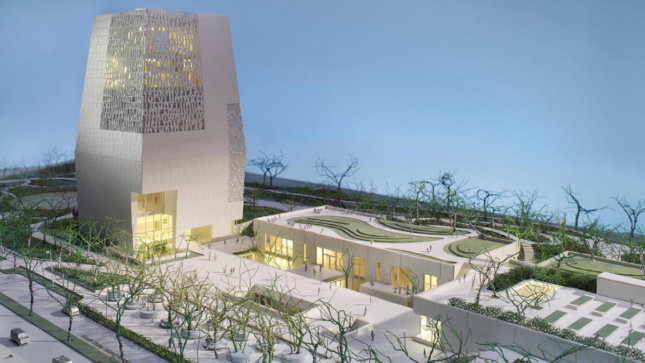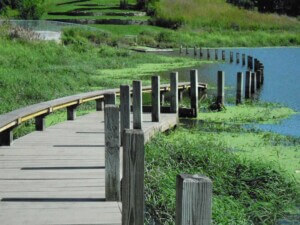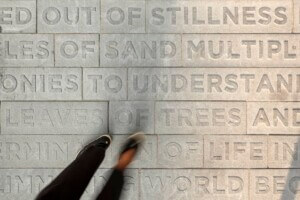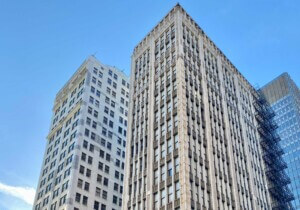Four months after a district judge ruled that a lawsuit against the potential Obama Presidential Center (OPC) in Chicago would be allowed to proceed—stalling construction until its conclusion—a federal judge has tossed out the case on June 11.
The lawsuit was filed by the environmental group Protect Our Parks and three other community groups against both the City of Chicago and the Chicago Park District, arguing that the Obama Foundation’s plan to place the OPC in the Olmsted and Vaux–designed Jackson Park was illegal. Protect Our Parks argued that, because the Center wouldn’t actually be a government-run presidential library but a privately-run museum tower, complete with parking, a training center, and 5,000-square-foot Chicago Public Library location, the land transfer from the city to the Obama Foundation was invalid.
However, in a 52-page written decision (viewable here), U.S. District Judge John Robert Blakey ruled that the public benefits offered by the museum would still constitute a public good, and, in his view, merit the land transfer.
The OPC, according to a written statement from Blakely, “surely provides a multitude of benefits to the public. It will offer a range of cultural, artistic, and recreational opportunities…as well as provide increased access to other areas of Jackson Park and the Museum of Science and Industry.”
Blakely added that there will be no halt in construction to the Tod Williams Billie Tsien Architects and Interactive Design Architects–planned $500 million, 20-acre campus as a result.

After the ruling, Mayor Lori Lightfoot issued a statement in favor of building the OPC in Jackson Park.
“Chicago is where President Obama discovered his love for community service,” wrote Lightfoot, “and the Obama Presidential Center will honor his presidency and inspire the next generation of leaders. The court today made unequivocally clear that this project may be located in Jackson Park, marking a significant step forward in this historic project and for our entire city. I am committed to ensuring that this community hub creates unprecedented cultural opportunities and economic growth on the South Side.”
While this wasn’t the ruling that Protect Our Parks was hoping for, the coalition of plaintiffs has vowed to appeal. The group was hoping to force the Obama Foundation to move the Center to a privately-owned lot to the southwest.
Aside from the forthcoming appeal, this isn’t the last hurdle the OPC faces. Dropping a 20-acre project into a park listed on the National Register of Historic Places requires a federal review, which is still ongoing.
“Today’s ruling, while disappointing, is by no means the final word,” said Charles A. Birnbaum, president and CEO of The Cultural Landscape Foundation, in a statement. The Foundation is an “official consulting party” in the federal review process and has made its opposition to siting the OPC in Jackson Park clear. “Though the carefully orchestrated local approvals process has been enabled by pliant municipal officials, there are still federal-level reviews underway for this nationally significant work of landscape architecture that is listed in the National Register of Historic Places.”











